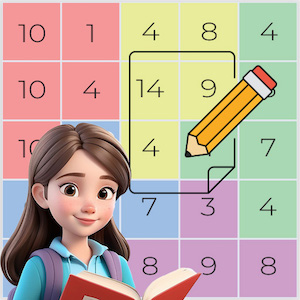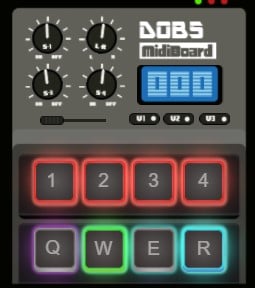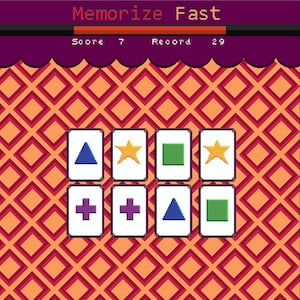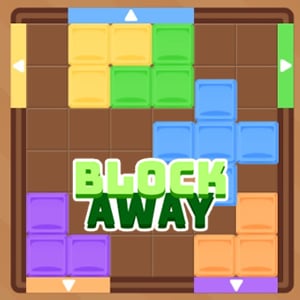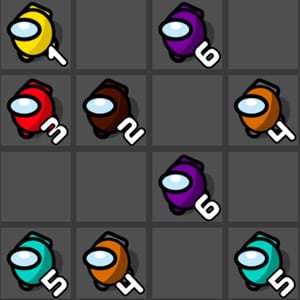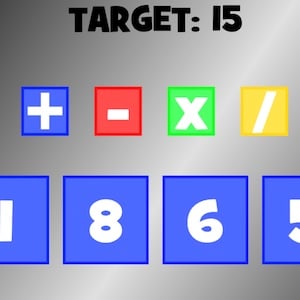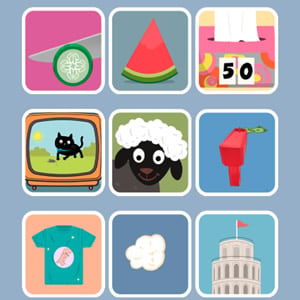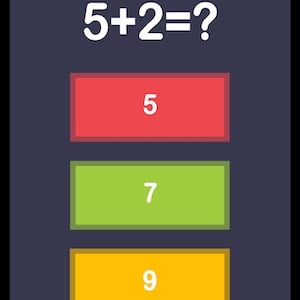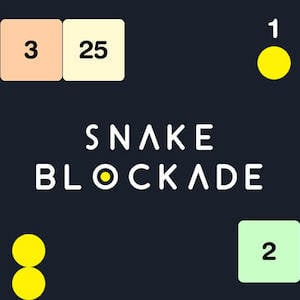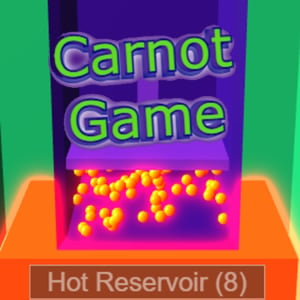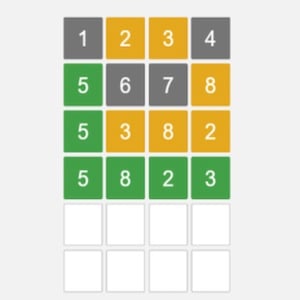✅ Educational games online for secondary students, middle school / high school, around age 15.
Welcome to our world of online educational games for high school teens! Here you will find an exciting collection of games designed especially for you, ages 12 to 15, with the goal of learning concepts and strengthening skills specific to your stage of life. Our educational games also encourage the development of skills such as critical thinking, problem solving, decision making and creativity. You will face exciting and stimulating challenges that will allow you to develop important skills for your daily life and your academic future.
EDUCATIONAL TOPICS FOR SECONDARY SCHOOL
The secondary school stage, between the ages of 12 and 15, is an important stage in the education of adolescents, where a wide range of subjects and contents are covered.
What do children learn in secondary school?
Some of the most important content learned in school during the secondary stage includes:
- Mathematics: Middle school students continue to develop their math skills, tackling more advanced topics such as algebra, geometry, trigonometry, and calculus. They learn to solve equations, work with mathematical functions, calculate areas and volumes, and apply mathematical concepts to real-world situations.
- Language Arts: Middle school students continue to improve their reading and writing skills, as well as their listening and communication skills. They study classic and contemporary literature, analyze texts, and learn to write essays, reports, and research papers.
- Science: Students study a variety of sciences, such as biology, physics, chemistry, and earth science. They learn about the fundamentals of biology, such as the cell and genetics, the physics of forces and motion, the chemistry of elements and chemical reactions, and geology and meteorology in earth science.
- Social studies: High school students study the history, geography, economics and politics of their country and the world. They learn about important historical events and movements, world geography, economic and political systems, and civic participation.
- Foreign languages: Many high school students continue to study a foreign language, such as English, French, Spanish, German, among others. They learn reading, writing, listening and speaking skills in the foreign language, and study the culture and society of the countries that speak that language.
- Physical education and health: Students participate in sports activities and physical education to promote a healthy lifestyle. They also learn about nutrition, mental and emotional health, and disease prevention.
- Art and music: Students may have art and music classes, where they learn about art appreciation, creativity, artistic techniques, and the history of art and music.
These are just some of the most important content learned in school during the high school stage. Curricula may vary by country, region and the specific curriculum of each school, but in general, they seek to provide students with a solid foundation of knowledge in a variety of areas to prepare them for their academic and professional future.
















